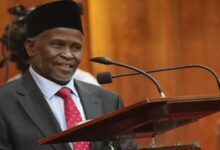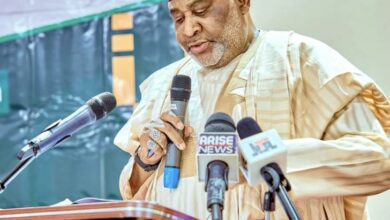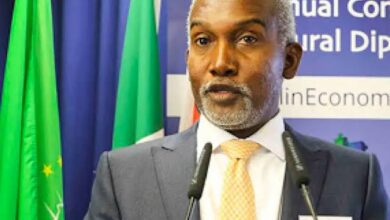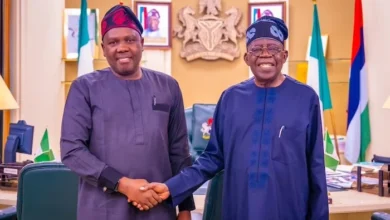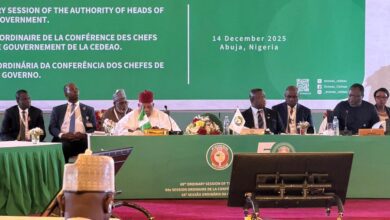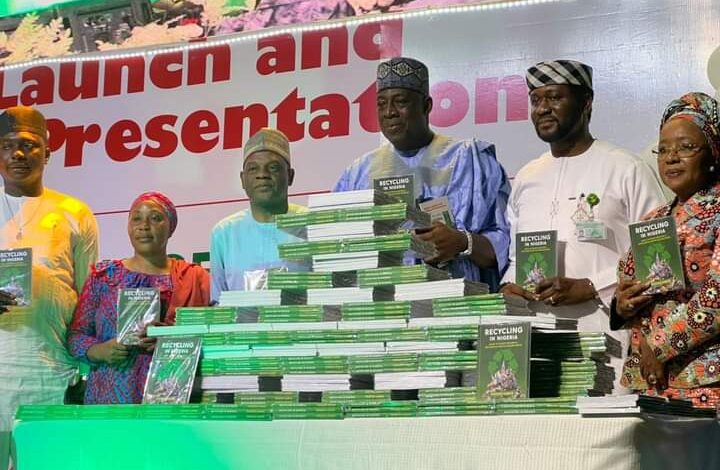
According to the World Bank, Nigeria currently generates at least 32 million tonnes of solid waste annually, and this number is projected to rise to 107 million tonnes by 2050. The country however, have not maximized the profit that could be generated from these waste.
This formed the basis of discussion at the launch and public presentation of the book, “Recycling In Nigeria” held on Thursday, October 31, 2024 in Abuja.
Author of the book, Hon. Terseer Ugbor explained that, Recycling in Nigeria puts together everything we need to know about recycling, waste management, waste to wealth, different streams of waste including plastics, tyres, e-waste, battery waste, e.t.c.
Ugbor who is a Member, House of Representatives and also the Deputy Chairman, Committee on Environment opined that the book would help to kick start the culture of recycling in Nigeria and educate especially the young people on the practice and procedures for recycling and how they can make a livelihood and a business out of it.
“In Nigeria, there’s a huge potential in the sector we decided to put it all together to encourage more people to get involved, create more wealth for people, create jobs for people and deepen the culture of hygiene and recycling in the country.
“Nigeria generates several thousands of tons of waste everyday. This waste has a lot of value, a lot of resource that can be recovered from proper recycling and waste management”, the Lawmaker said.
He added that job opportunities, the potential for energy and entrepreneurship were enormous:
“We are hoping that once this book is launched and we are able to mainstream this culture in the country, we’ll be creating a new generation of entrepreneurs who would generate a lot of wealth for Nigeria and help to add to the GDP of the country.
“Nigeria has lagged behind so much, Nigeria has not a single engineering dumpsite in the country, we don’t have a single waste to energy plant in the country and we have so much waste that can power our power plants and generate electricity for nigerians
“The FCT recently conducted feasibility studies for waste to energy plant with transfer stations at the different districts of the FCT, I believe that the State governments and the National government need to take the issue of waste management seriously and look at it as an opportunity to have a win-win situation for Nigerians where you’re doing waste management, cleaning up our environment and streets, you’re generating power for nigerians at the same time and you’re creating jobs for the young people at the same time”, Ugbor said.
On his part, Secretary to the Government of the Federation and Chief Launcher of the book, Sen. George Akume agreed that recycling was a big business opportunity that had been overlooked overtime.
Akume, who was represented by his Chief of Staff, Dr. Chris Takar noted that it was appropriate that the author was, “opening our eyes, when we as young Nigerians, as a community willing to do business have somehow been blinded by this golden opportunity.
“I like to believe that this book coming at this time is divinely ordained, at a time when a lot of people are crying that they don’t have job opportunities to be able to create businesses for themselves”, he said.
Similarly, Former Minister of State for Environment and Guest Speaker at the occasion, Sharon Ikeazor disclosed that the book highlights recycling’s economic and environmental benefits, showcasing it’s potentials to create jobs, reduce waste and empower communities.
She stated that the author, Terseer Ugbor had poured in years of his experience into the book, creating a resource that provides entrepreneurs, students policy makers and researchers with practical examples to contribute to Nigeria’s sustainability.
Ikeazor informed that the book emphasised the role of policy makers and therefore urged the government to give every support to the recycling and waste management sector as it would create a lot of jobs.
She noted that the book was inspiring the next generation of environmental leaders. Adding that it was a viable resource for those committed to sustainable development.
She informed that the Federal Government of Nigeria had taken significant steps to create a recycler economy through the extended producer responsibility framework:
“We encourage manufacturers to be responsible for their products lifecycle from production to post consumption waste.
“Additionally, the National Environmental Standards and Regulations Enforcement Agency (NESREA) actively supports recycling and resource recovery initiatives fostering collaboration between government, private sector and Civil Society.
“This collective work of Terseer Ugbor aligns with Nigeria’s commitment to Sustainable Development Goals that strengthens our transition to sustainable, low waste economy. Together, let us continue our shared journey towards a cleaner and more prosperous Nigeria”, she said.


